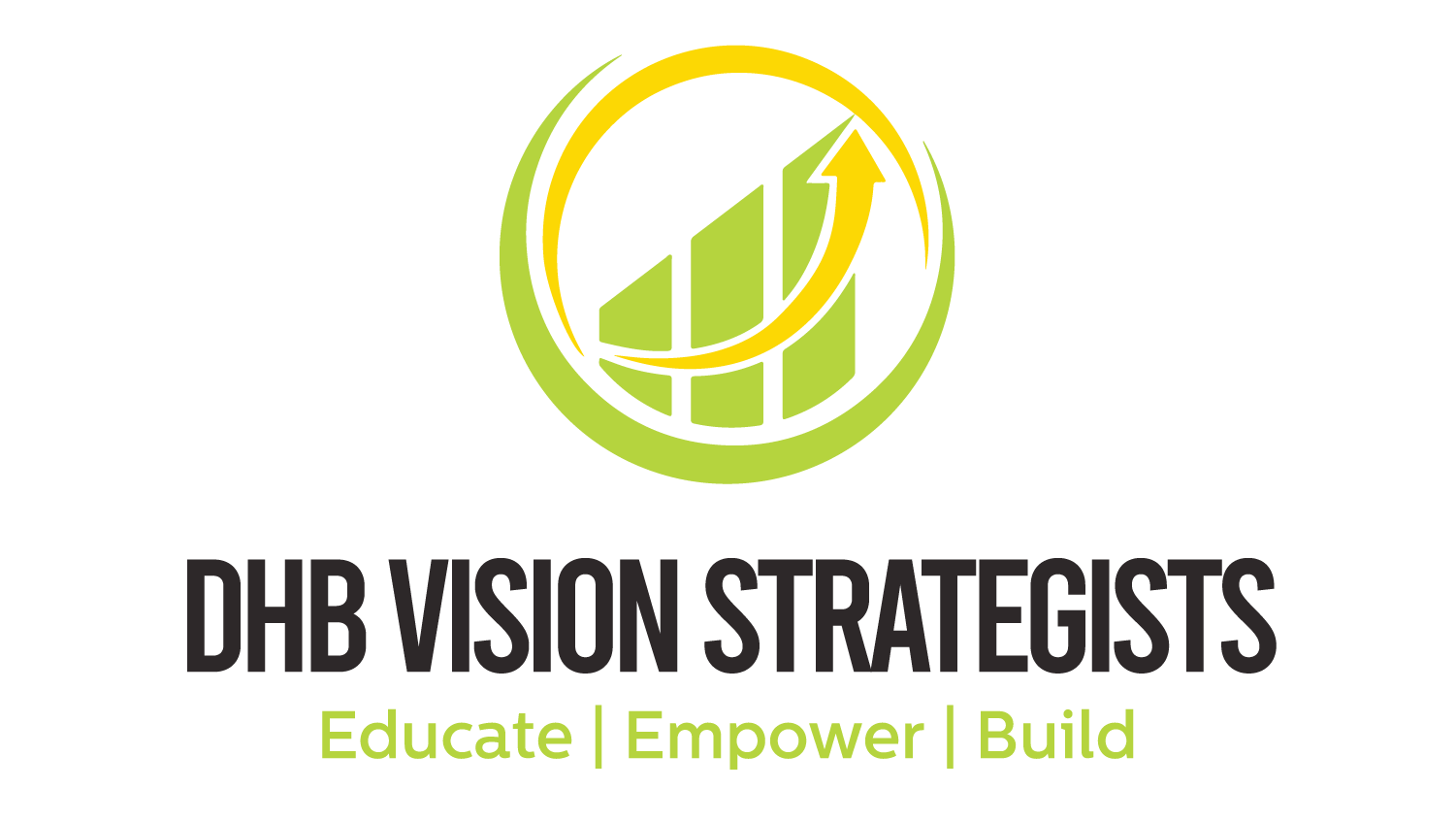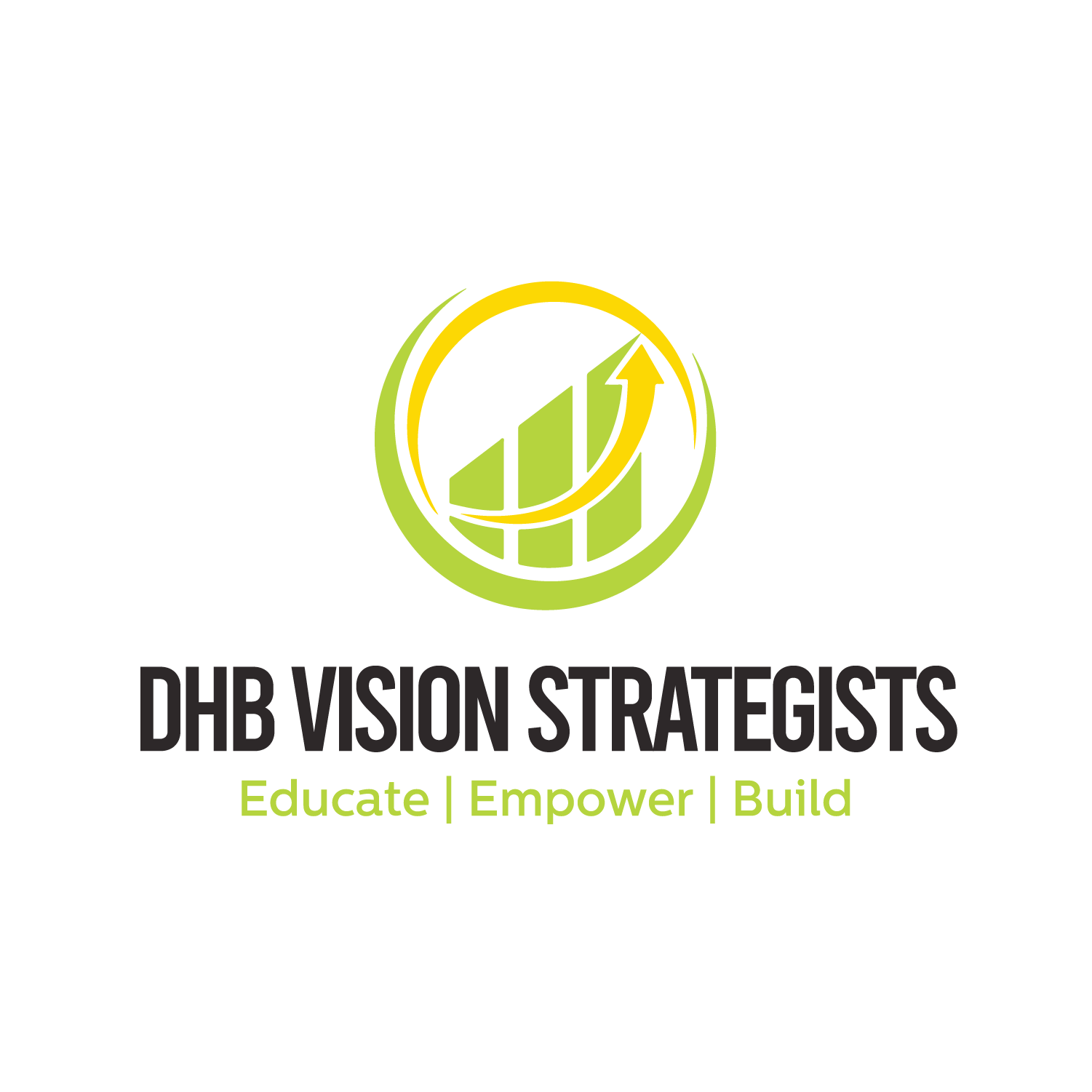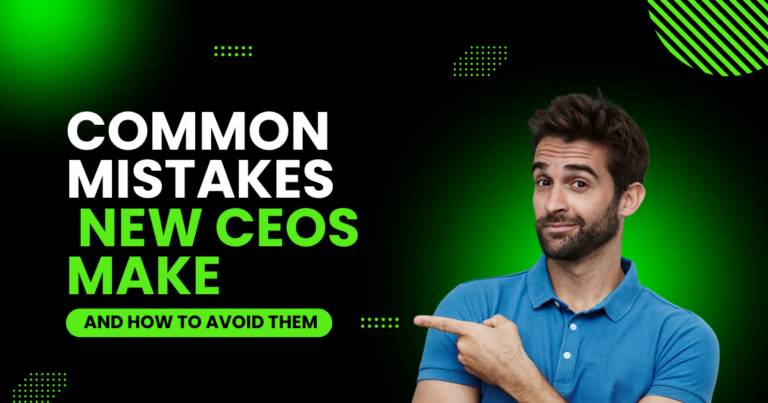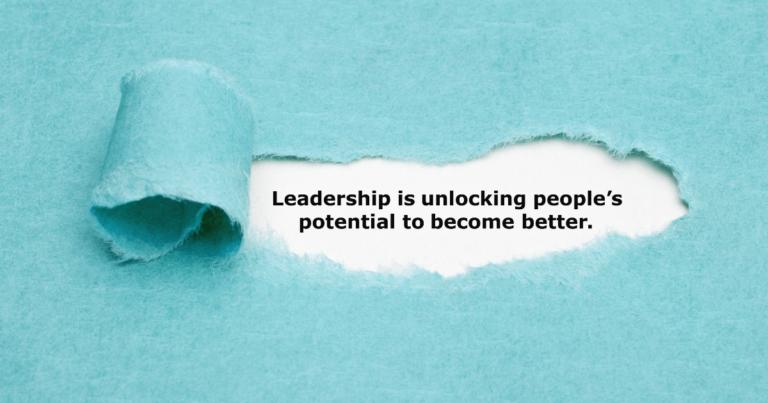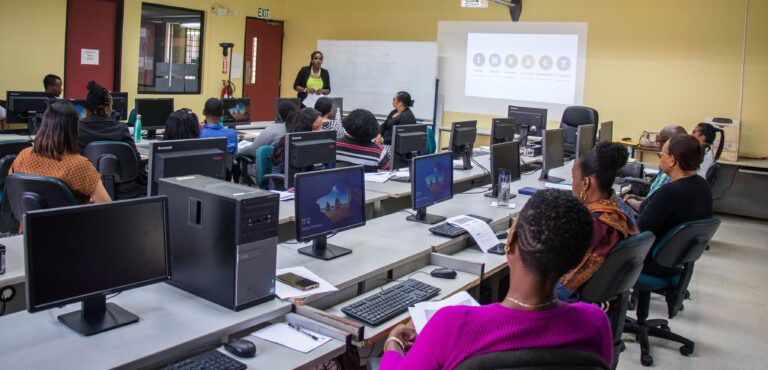Unlocking the Potential of Multigenerational Teams: A Caribbean Perspective
The modern workplace is evolving, with managers increasingly recognizing the diversity of multigenerational teams. While managing a multigenerational workforce presents unique challenges, the benefits of embracing this diversity far outweigh the obstacles. By leveraging the strengths and perspectives of each generation, organizations can drive innovation, improve problem-solving, and enhance overall organizational performance.
The Caribbean region has a long history of diversity, however, we have not always had a great history of leveraging that diversity and turning it into strengths. In fact, as a people, we are often more nostalgic and longing for “the way things used to be”. But the world is changing rapidly and so has the workforce. If as leaders we do not understand the potential that exists in diversity, we are likely to squander the opportunities that present themselves.
In this article, we are going to explore some of the benefits that your company can enjoy by harnessing the potential of your multigenerational workforce:
- Diverse Expertise and Skills
- Opportunities for Mentorship and Knowledge Transfer
- Creating a Positive and Inclusive Work Culture
- The Way Forward

1. Diverse Expertise and Skills
One of the primary benefits of a multigenerational team is the diversity of skills and expertise it brings to the table. Traditionalists and Baby Boomers bring a wealth of industry knowledge and experience. How? Because they would have likely witnessed and contributed to the evolution of various industries over many years. Their insights and understanding of historical contexts can provide valuable perspectives when tackling complex challenges. Millennials and Gen Zs offer fresh ideas, tend to be technologically savvy. They may have a keen understanding of modern trends and consumer behaviour. They bring a digital-first mindset and a natural inclination towards innovation and creativity.
However, it’s important to recognize that these skills and expertise are generalizations and individuals from any generation may possess a wide range of diverse talents and experiences. There are Baby Boomers who may be incredibly tech-savvy and innovative, leveraging their years of experience to adapt to digital tools and modern business practices. Similarly, a Gen Zer who has spent time researching your company and industry may have developed key insights and a deep understanding of the market dynamics that can benefit the entire team.
As leaders, it’s essential to embrace the idea that the expertise and skills of our multigenerational team members may be more diverse and extensive than we initially assumed. While some talents and experiences may be readily apparent, others might remain hidden. Those may never be discovered unless you actively seek to uncover and leverage them. If given the opportunity and platform, your team members might be more than willing to share their unique skills and expertise.
So, how do you harness this diversity and create a synergistic working environment? By encouraging cross-generational collaboration and knowledge-sharing, organizations can create a more well-rounded and effective workforce. Establishing mentorship programs, organizing intergenerational team projects, and promoting open dialogue across age groups. It can help break down barriers and foster an environment where everyone feels valued and empowered to contribute. This approach not only enhances the collective knowledge of the organization but also cultivates a culture of continuous learning and collaboration. In so doing, you are positioning the company for long-term success in an ever-evolving business landscape.
2. Opportunities for Mentorship and Knowledge Transfer
Another significant benefit of a multigenerational team is the opportunity for mentorship and knowledge transfer. Two of my recommended approaches are mentorship pairing and reverse mentorship. Mentorship pairing is the process of matching a less experienced employee (mentee) with a more experienced one (mentor). The goal is to facilitate professional growth, knowledge sharing, and skill development. In a multigenerational office setting, this practice leverages diverse perspectives and strengths, enhancing team performance and cohesion. For example, pairing an experienced Gen X developer with a Millennial developer can foster knowledge exchange in coding practices and new programming languages. Similarly, matching a Baby Boomer client advisor with a Gen Z marketing specialist can enhance both client relationship management and digital marketing strategies. In both examples, it can lead to innovation and improved overall performance.
Reverse mentorship involves pairing a less experienced (often younger) employee with a more experienced (often older) one to share fresh perspectives and contemporary knowledge, fostering mutual learning. In a multigenerational office, this practice leverages diverse skills to enhance team performance. For instance, a Millennial project manager with expertise in agile methodologies and team leadership can mentor a Baby Boomer senior consultant on advanced project management techniques, while learning industry knowledge and strategic client management in return. This reciprocal learning environment promotes innovation, continuous development, and stronger intergenerational collaboration.
3. Creating a Positive and Inclusive Work Culture
Creating a work culture that accommodates multigenerational teams can significantly enhance the overall dynamics within an organization. As a manager and leader, it is essential to understand the value of inclusivity and actively work towards fostering an environment where individuals of all generations feel a sense of belonging.

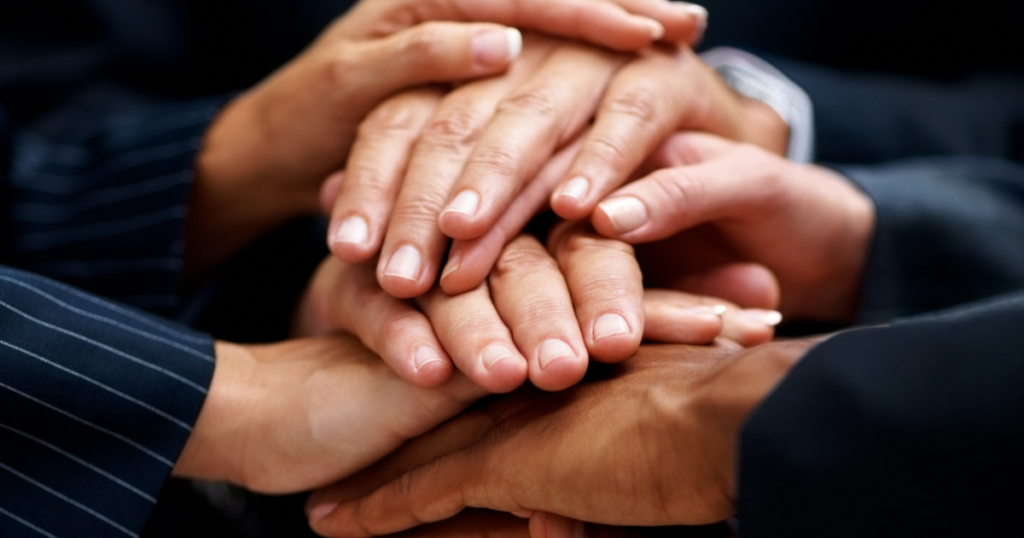
One way to achieve this is by mastering the art of facilitating constructive conversations. By engaging in open dialogues and encouraging the sharing of diverse perspectives, you can foster an atmosphere where every employee feels that their thoughts and ideas are not only welcomed but also respected. This proactive approach to communication can effectively combat any unconscious biases that may exist within the workforce due to differences in generational identity.
Embracing diversity and promoting mutual respect across all generations can have a significant impact on organizational success. When employees feel valued, respected, and appreciated for their unique contributions, it can lead to increased levels of motivation, job satisfaction, and ultimately, higher employee engagement. This, in turn, can substantially contribute to greater levels of retention and overall success for the organization as a whole.
The Way Forward: Addressing Challenges and Promoting Collaboration
To fully realize the benefits of multigenerational teams, leaders must proactively address the challenges and create an environment that supports and encourages collaboration across generations. This may involve implementing comprehensive training programs, offering flexible work arrangements, and promoting a culture of open communication and mutual respect.
By embracing the diversity of your workforce and leveraging the unique strengths of each generation, Caribbean leaders can position themselves for long-term success in an increasingly competitive and globalized business environment. As the workforce continues to evolve, the ability to effectively manage and leverage diverse, multigenerational teams will be a critical differentiator for organizations seeking to thrive in the global marketplace. The opportunities for Caribbean leaders lie in embracing the power of multigenerational teams and harnessing their full potential for innovation, growth, and sustainable success in the region’s dynamic business landscape.
If you need more insights into your leadership style, click here
